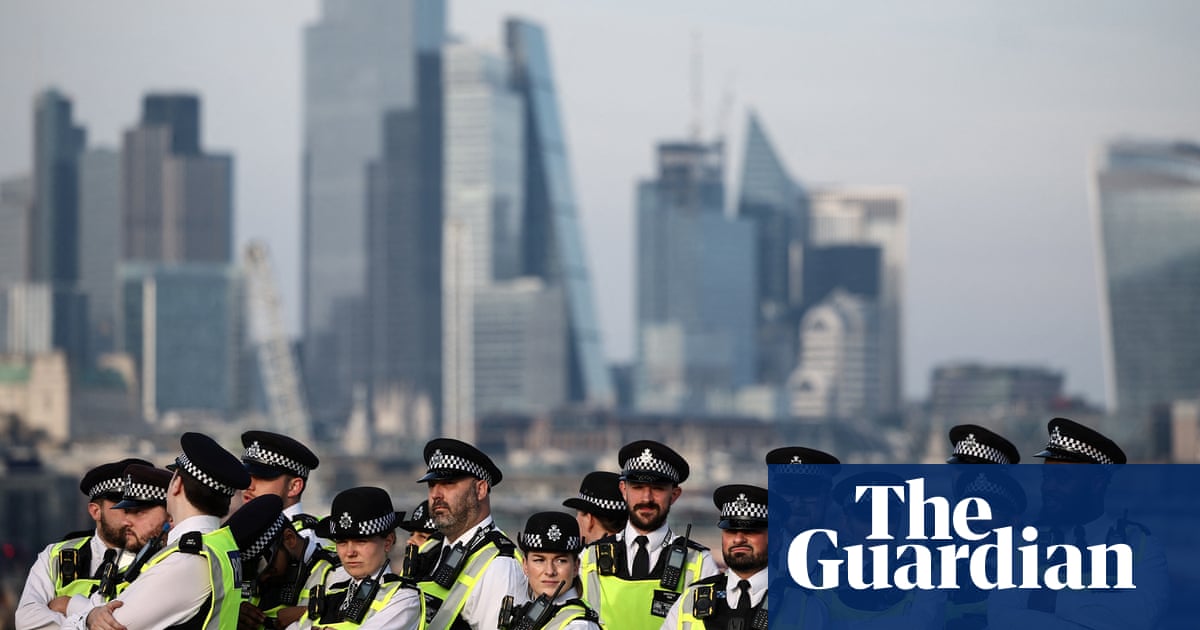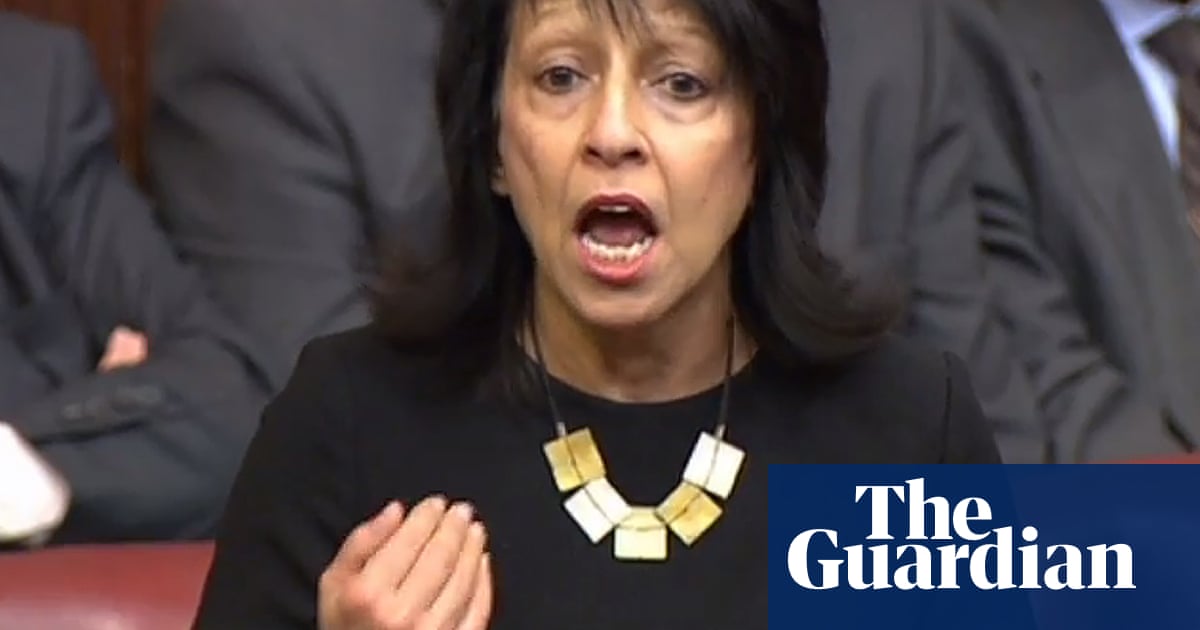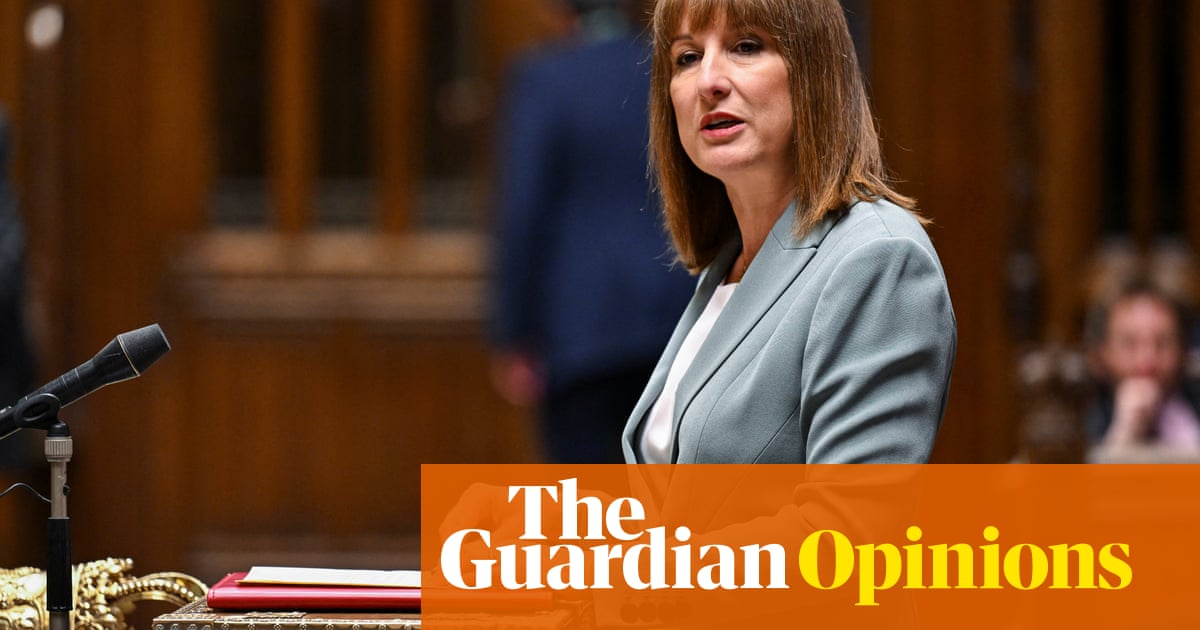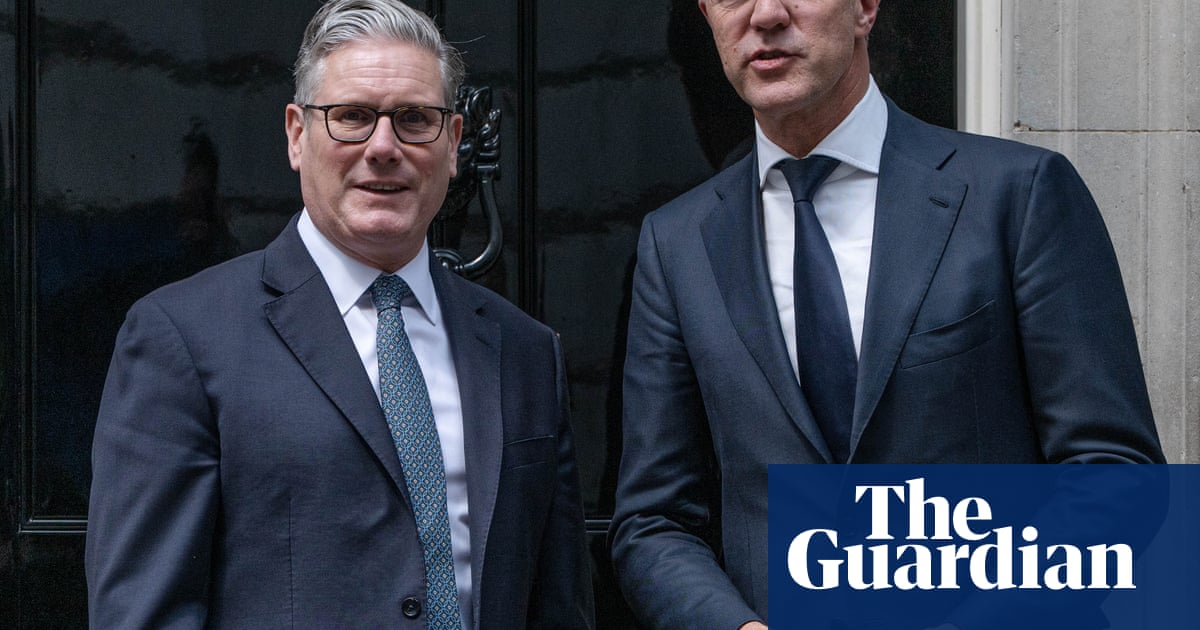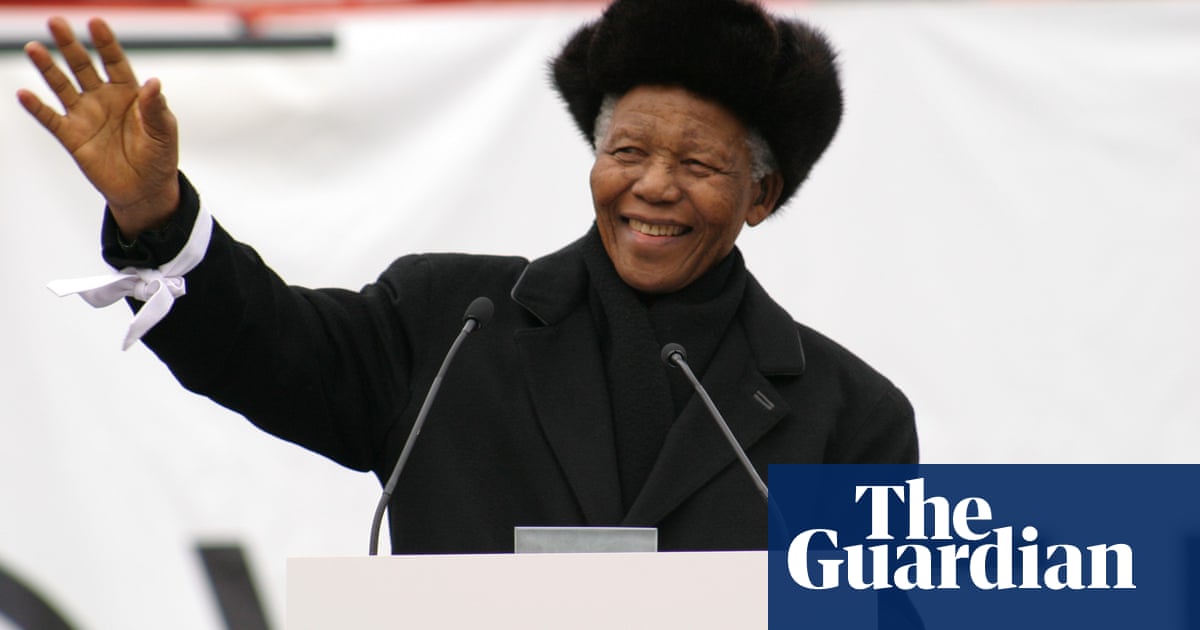Even when the transatlantic alliance was more functional than it is now, there was not a united view of China. There has always been common wariness of Beijing as a commercial rival and potential security threat. But for hawks in Washington the idea of an alternative superpower closing in on economic and technological parity feels existential. More dovish Europeans have been readier to leaven caution with engagement.
Britain has veered between the two poles. In 2015, David Cameron promised a “golden era” of open trade with China. In 2020, under pressure from the US, Boris Johnson banned Huawei, a Chinese telecoms company, from UK 5G infrastructure.
In opposition, Conservatives have become increasingly hawkish against Beijing. Keir Starmer’s Labour government has tilted back towards cooperation. Several ministers have visited China, including the chancellor. Jonathan Reynolds, the business secretary, will go there later this year, reviving a trade commission that has been dormant since 2018. Mr Reynolds was manifestly frustrated with the Chinese owners of British Steel during the dash to keep Scunthorpe’s blast furnaces operating last week, but the government has retreated from intimations of deliberate sabotage.
At some point, pursuit of economic growth and investment comes into conflict with a national security interest in keeping China at arm’s length. The question is where to draw the line. The official answer is that judgment is deferred pending a Whitehall “audit” of relations with Beijing. That is due in June.
A decision is also imminent on China’s status under the foreign influence registration scheme – a system for keeping tabs on international organisations and companies exercising political influence in Britain. China is not expected to be named in the “enhanced tier” of risky states, alongside Russia and Iran, but some Chinese institutions might have that designation.
Calibrating these judgments – choosing when to prioritise security over commerce – is much harder with Donald Trump in the White House. What used to be a difference of emphasis between the US and Europe looks like an irreparable fracture in the west.
Mr Trump has started a ferocious trade war with Beijing without a convincing strategic rationale. Officials from his administration are telling Europeans they will have to choose a side when it comes to vital communications technology. But the US president is also routinely aggressive in his rhetoric towards the EU, dismissive of Nato and reliably emollient towards Vladimir Putin’s Russia.
From that pattern it is clear in Brussels and other continental capitals that Washington is no longer a reliable ally and the trajectory must be “strategic autonomy” for Europe. Inevitably, that is changing the calculus of risk and potential benefit from a more pragmatic China policy. The authoritarian character of Xi Jinping’s regime hasn’t changed, but it presents itself as a more predictable force in international affairs while US democracy declines in violent spasms.
These changes illuminate a crisis of international orientation for Britain that has been building since Brexit. Economic detachment from Europe was premised on a model of the UK as a lone sovereign agent in an open, free-trading globalised world. That was an outdated concept at the time. It has aged very poorly. Britain is not alone in struggling to navigate relations with China in the turbulent new geopolitical climate, but choosing loneliness in a world of rival continental blocs is making the struggle much harder.

.png) 1 month ago
39
1 month ago
39


